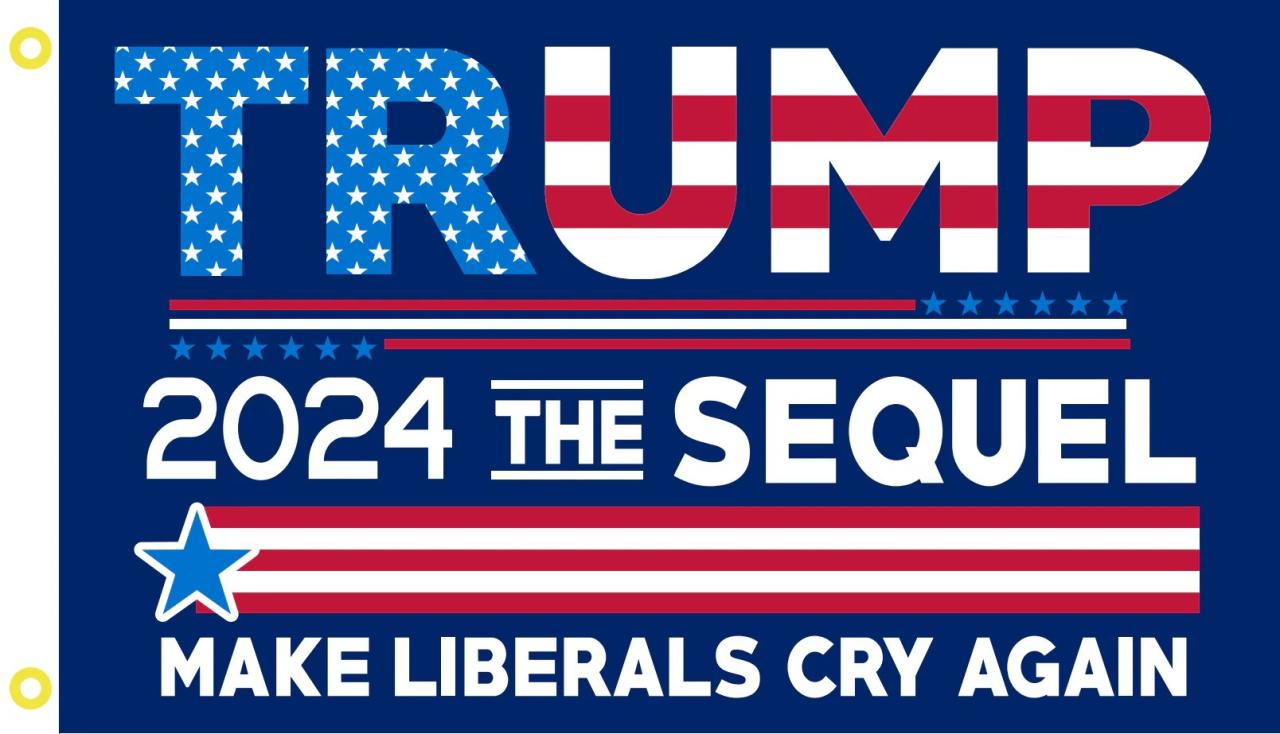Reluctant liberals are those who hold liberal values but hesitate to fully embrace progressive policies. This complex and evolving political identity has emerged in response to various factors, including personal experiences, societal norms, and political events. Understanding the characteristics, motivations, and potential consequences of reluctant liberalism is crucial for navigating the current political landscape.
Reluctant liberals often find themselves torn between their desire for social progress and concerns about the potential consequences of rapid change. They may support policies that promote equality and fairness but express reservations about the scope or pace of implementation.
Their reluctance can manifest in voting behavior, political engagement, and social interactions, influencing political discourse and policy outcomes.
Reluctant Liberals: Reluctant Liberals Are Those Who
Reluctant liberals are a group of individuals who hold liberal values but are hesitant to embrace the term “liberal” due to negative connotations associated with it. They may share many of the same beliefs as traditional liberals, such as support for social justice, environmental protection, and government intervention in the economy.
However, they may also have concerns about the perceived elitism, cultural liberalism, or economic policies associated with the liberal label.Key characteristics of reluctant liberals include:
- Identification with liberal values but hesitation to self-identify as “liberal”
- Support for social justice and environmental protection
- Concerns about perceived elitism, cultural liberalism, or economic policies associated with the liberal label
- Willingness to consider conservative or moderate viewpoints
- Belief that the term “liberal” has become too divisive or polarizing
Reluctant liberals differ from other political groups in their unique combination of liberal values and concerns about the liberal label. They may be more open to considering conservative or moderate viewpoints than traditional liberals, and they may be less likely to identify with the cultural liberalism associated with the left.
Causes of Reluctant Liberalism
Reluctant liberalism is a complex phenomenon that can be attributed to a multitude of factors. These include personal experiences, societal norms, and political events, which can all contribute to the development of reluctant liberal views.
Personal experiences can play a significant role in shaping one’s political beliefs. For example, an individual who has had negative experiences with government programs or policies may be less likely to support liberal policies that expand the role of government.
Similarly, an individual who has witnessed the negative consequences of immigration may be less likely to support liberal policies that promote open borders.
Societal norms can also influence reluctant liberalism. In societies where traditional values are highly valued, individuals may be less likely to support liberal policies that challenge these values. For example, in societies where religion is important, individuals may be less likely to support liberal policies that promote same-sex marriage or abortion.
Political events can also contribute to reluctant liberalism. For example, a terrorist attack or a war can lead to increased fear and insecurity, which can make individuals more likely to support conservative policies that promise to protect them from harm.
Similarly, a financial crisis can lead to economic anxiety, which can make individuals more likely to support conservative policies that promise to protect their jobs and savings.
Personal Experiences
- Negative experiences with government programs or policies can lead to reluctance to support liberal policies that expand the role of government.
- Witnessing the negative consequences of immigration can lead to reluctance to support liberal policies that promote open borders.
Societal Norms
- In societies where traditional values are highly valued, individuals may be less likely to support liberal policies that challenge these values.
- In societies where religion is important, individuals may be less likely to support liberal policies that promote same-sex marriage or abortion.
Political Events
- A terrorist attack or a war can lead to increased fear and insecurity, which can make individuals more likely to support conservative policies that promise to protect them from harm.
- A financial crisis can lead to economic anxiety, which can make individuals more likely to support conservative policies that promise to protect their jobs and savings.
Manifestations of Reluctant Liberalism
Reluctant liberalism manifests in various ways, shaping political discourse and outcomes. These expressions can range from voting patterns to political engagement and social interactions.
In voting behavior, reluctant liberals may support liberal candidates or policies in specific elections or on certain issues, while opposing them in others. This selective support reflects their mixed feelings towards liberalism, balancing their support for its principles with concerns about its potential consequences.
Political Engagement
Reluctant liberals may also engage in political activities selectively. They might participate in protests or advocacy groups for specific liberal causes, such as environmental protection or social justice, while remaining skeptical of broader liberal agendas.
Social Interactions
In social interactions, reluctant liberals may express their views through conversations and discussions. They may acknowledge the benefits of liberalism, such as its emphasis on individual rights and social equality, but also voice concerns about its potential for government overreach or cultural disruption.
Impact on Political Discourse and Policy Outcomes
The manifestations of reluctant liberalism can significantly impact political discourse and policy outcomes. Their selective support for liberal candidates and policies can make it challenging for liberals to achieve their goals. Additionally, their concerns and criticisms can shape the debate around liberal policies, influencing their implementation and effectiveness.
Consequences of Reluctant Liberalism
Reluctant liberalism, with its resistance to change and embrace of traditional values, can have profound consequences for individuals, society, and the political system. It can hinder progress on important issues, contribute to political polarization, and undermine government effectiveness.
For individuals, reluctant liberalism can limit personal growth and opportunity. By clinging to traditional norms and values, it can stifle creativity, innovation, and the exploration of new ideas. It can also create a climate of intolerance and exclusion, making it difficult for individuals to express themselves freely or live according to their own values.
Political Polarization
Reluctant liberalism can contribute to political polarization by reinforcing existing divisions and making it difficult to find common ground. When people are unwilling to compromise or consider different perspectives, it can lead to a breakdown in communication and cooperation. This can make it difficult to address important issues and find solutions that benefit everyone.
Government Effectiveness
Reluctant liberalism can also undermine government effectiveness. When governments are unable to respond to changing needs and demands, it can lead to a loss of trust and legitimacy. This can make it difficult to pass laws, implement policies, and provide essential services.
In extreme cases, it can even lead to political instability and social unrest.
Social Cohesion, Reluctant liberals are those who
Reluctant liberalism can also hinder social cohesion by creating a sense of division and distrust. When people feel that their values and beliefs are under attack, they may become more isolated and less likely to engage with others who hold different views.
This can lead to a breakdown in social bonds and a loss of community spirit.
Strategies for Addressing Reluctant Liberalism

Reluctant liberalism presents a complex challenge to the advancement of inclusive and progressive values. However, there are potential strategies that can be employed to address this issue.
Role of Education
Education plays a crucial role in shaping individuals’ beliefs and values. By incorporating inclusive perspectives and critical thinking skills into educational curricula, students can develop a deeper understanding of diverse perspectives and the importance of empathy.
Importance of Dialogue
Facilitating open and respectful dialogue between individuals with differing political views is essential. Creating safe spaces for these conversations allows for the exchange of ideas, the challenging of assumptions, and the potential for finding common ground.
Political Engagement
Encouraging reluctant liberals to engage in the political process can empower them to advocate for their values. This can involve voting, running for office, or participating in grassroots organizations.
Successful Initiatives
Several successful initiatives have been implemented to bridge political divides. The “Better Angels” project, for example, brings together individuals from opposing political backgrounds to engage in respectful dialogue and build relationships.
Questions and Answers
What are the key characteristics of reluctant liberals?
Reluctant liberals tend to hold liberal values but have reservations about the pace or scope of progressive policies. They may support equality and fairness but express concerns about potential unintended consequences.
How does reluctant liberalism differ from other political groups?
Reluctant liberals differ from traditional liberals in their hesitation to fully embrace progressive policies. They may align with conservative or moderate views on specific issues, but they generally support liberal values such as social justice and equality.
